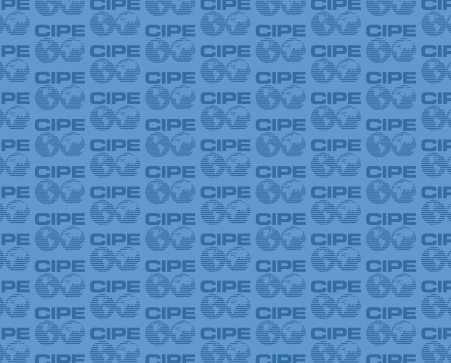
Learning your first language wasn’t something for which you were expressly deliberate. People generally can interact verbally before they learn the rules of grammar (which many forget anyway). They also use context in order to deduce what new words mean, if not simply learning by rote memorization. You might learn a second language this way, and many do, but many also learn their second language in a classroom where they must be expressly deliberate. Such a context presents vastly different challenges but it’s sometimes necessary—as is the case for post-conflict states that must deliberately re-establish certain rules for peaceful interaction, particularly economic interactions.
While rebuilding roads, street lights, electricity lines, firehouses, and police stations are all vital functions of a post-conflict state, the less tangible functions often have far greater implications for a post-conflict economy. Business networks — raw goods producers, wholesale buyers, retailers, and entrepreneurs who can access capital and know-how to assemble them — also require a hefty bit of statecraft that, pre-conflict, may have been based solely on political and social connections to a centralized autocracy. The challenge of establishing a decentralized market-oriented democracy is a daily grind of figuring out what decisions can and should be made at levels of government outside the center. That’s the challenge for Iraq’s Provincial Investment Commissions (PICs), as they emerge from the centralized power structure of Saddam Hussein into the dispersed power structure of democracy. The PICs must deliberately learn how to interact with local, national, and international businesses in a whole new way from before. It’s like learning a new language.
CIPE’s experience in helping indigenous businesses convene productive discussions with their local and national public officials is now working somewhat in reverse, to help Iraqi PICs foster such dialogue with businesses in their country and outside. Only recently was the National Investment Commission’s role defined, helping to define what decisions can and must be made at the provincial level under the Iraqi laws establishing the commissions. From January 11-14, CIPE will gather with the Provincial Investment Commissioners to facilitate the process of learning the second language of governing a decentralized, market-oriented democracy. Follow the action on Twitter or Facebook, as CIPE will post live updates from the gathering, Monday to Thursday next week.
Published Date: January 08, 2010